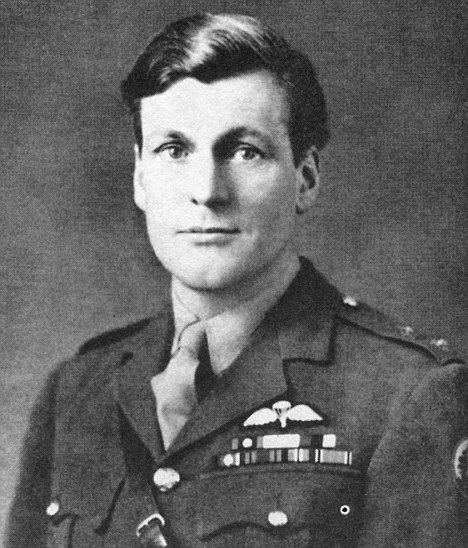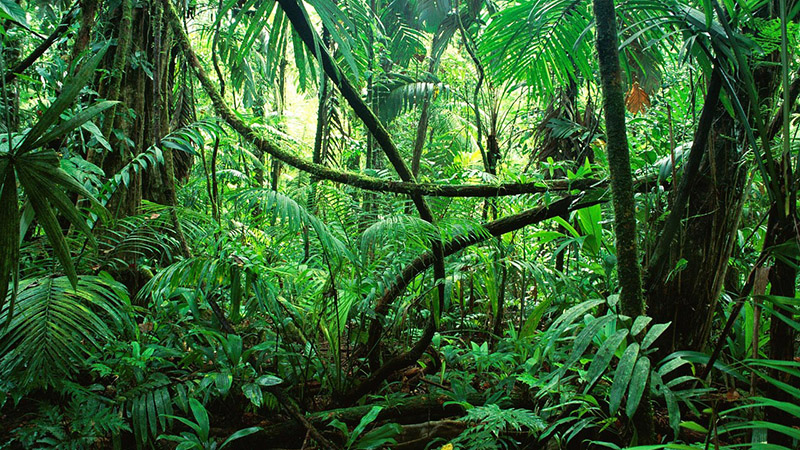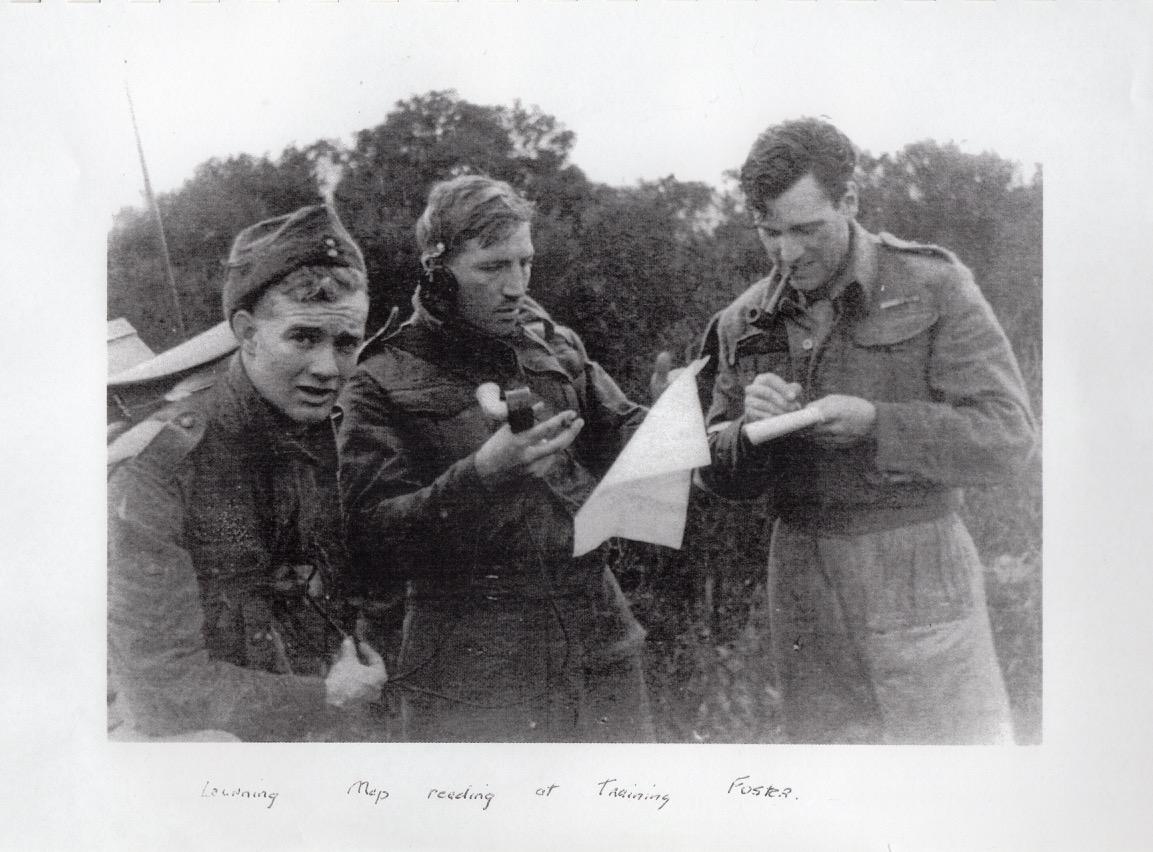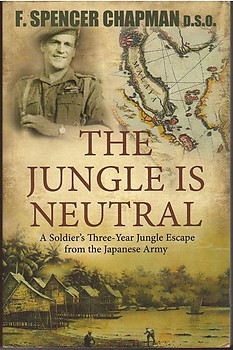Successfully Leading People Through Crisis, Stress, Fear, Anxiety, & Chaos - Pt. 3
Meet Freddie Spencer Chapman, another British explorer, born 1907, and orphaned at age two. His difficult early life toughened him both physically and mentally, and this would prove invaluable later in life. He became a renowned survivalist, ski expert, and mountaineer, joining both the British Arctic Air-Route Expedition as well as the harrowing Greenland Expedition, and the famous 1937 Himalayan Mountaineering Expedition which included the first summiting of Mount Chomolhari - the "Bride Of Kanchenjunga." His comment during some of the most dangerous and treacherous parts of the Air-Route Expedition:
"Almost all difficulties can be overcome. Mere cold is a friend, not an enemy; distance is simply relative; man can exist a very long time on very little food; the human body is capable of bearing immense privation - it is only the state of mind that is important."
So then, of course, came World War II. Chapman became a field-craft trainer, first in Scotland, later in New Zealand, and finally in 1941 as commander of a guerilla warfare school in Singapore. He was charged with building and preparing "stay-behind" parties which could stage insurgent attacks in the event Singapore fell to the Imperial Japanese Army. But, of course, Singapore did fall to the Japanese, and all the stay-behind parties were caught, imprisoned, or executed - except Freddie Spencer Chapman's little band of three. If they were captured, torture was guaranteed, and execution the most likely outcome. They were completely cut off from the rest of the British Army, and forced to hide and survive in the jungle...for three-and-a-half years.
The fearsome and menacing jungle was crawling with poisonous spiders, insects, and venomous reptiles at every step. Everywhere were swarms of sand flies and mosquitoes, tiger jaw ants, deadly cobras, leeches invading their bodies, torrential downpours, relentless and suffocating humidity, hip-deep swamps, impenetrable vegetation, fallen tress, jagged rocks, searing heat. And to make matters even more dreadful, the little party of three was hunted relentlessly by not only Chinese bandits but the full force of the Imperial Japanese Army which used Alsatian police dogs to track them.


Why was the Japanese Army so intent on capturing this little ragtag group? Because they didn't just survive - they worked. They were ingenious and productive. They didn't just survive, they did exceptional work.
- They blew up fifteen railway bridges.
- They derailed seven trains.
- They destroyed forty trucks.
- They annihilated hundreds of Japanese troops.
The IJA command believed a group of at least two hundred highly trained commandos caused all this destruction, and mounted a force of two thousand Japanese troops to hunt them down in the jungle. Chapman's response? "I don't see why the Japanese Army should be allowed to inconvenience me."

Barefoot and half-starved most of the time, existing on barely any food and trying desperately to rejoin friendly forces, they marched, hid, hiked, crawled, and climbed through the nightmarish jungle - for three-and-a-half years. Chapman was sick with blackwater fever, typhus, pneumonia, and festering ulcers for months at a time. He spent seventeen delirious days in a coma from malaria. He was wounded twice, as well as being captured - and escaping - twice. As they navigated the jungle in search of safety, the natives gave them conflicting pieces of advice. Chapman's words:
"There was one school of thought that the jungle is full of innumerable and invisible horrors and can't be survived. Scorpions, snakes, centipedes, deadly fevers, ferocious wild animals, insufferable heat, freezing cold, poisonous plants, and toxic water. You'll die! Another school of thought said that the jungle is teeming with fresh fish and game, edible plants and fungi, fresh and delicious fruits, and refreshing pools of cool, clean water. You can live safely forever!"
"But both these viewpoints are false. The truth is that the jungle itself is neutral - it is the attitude of the mind that determines whether you survive or go under."
The book he wrote upon his successful return to England?
An even more detailed description of the entire adventure is in Brian Moynahan's wonderful book Jungle Soldier.
So...certainly recent events can convince us we're in the thick of an unforgiving jungle.
But the jungle is neutral.

